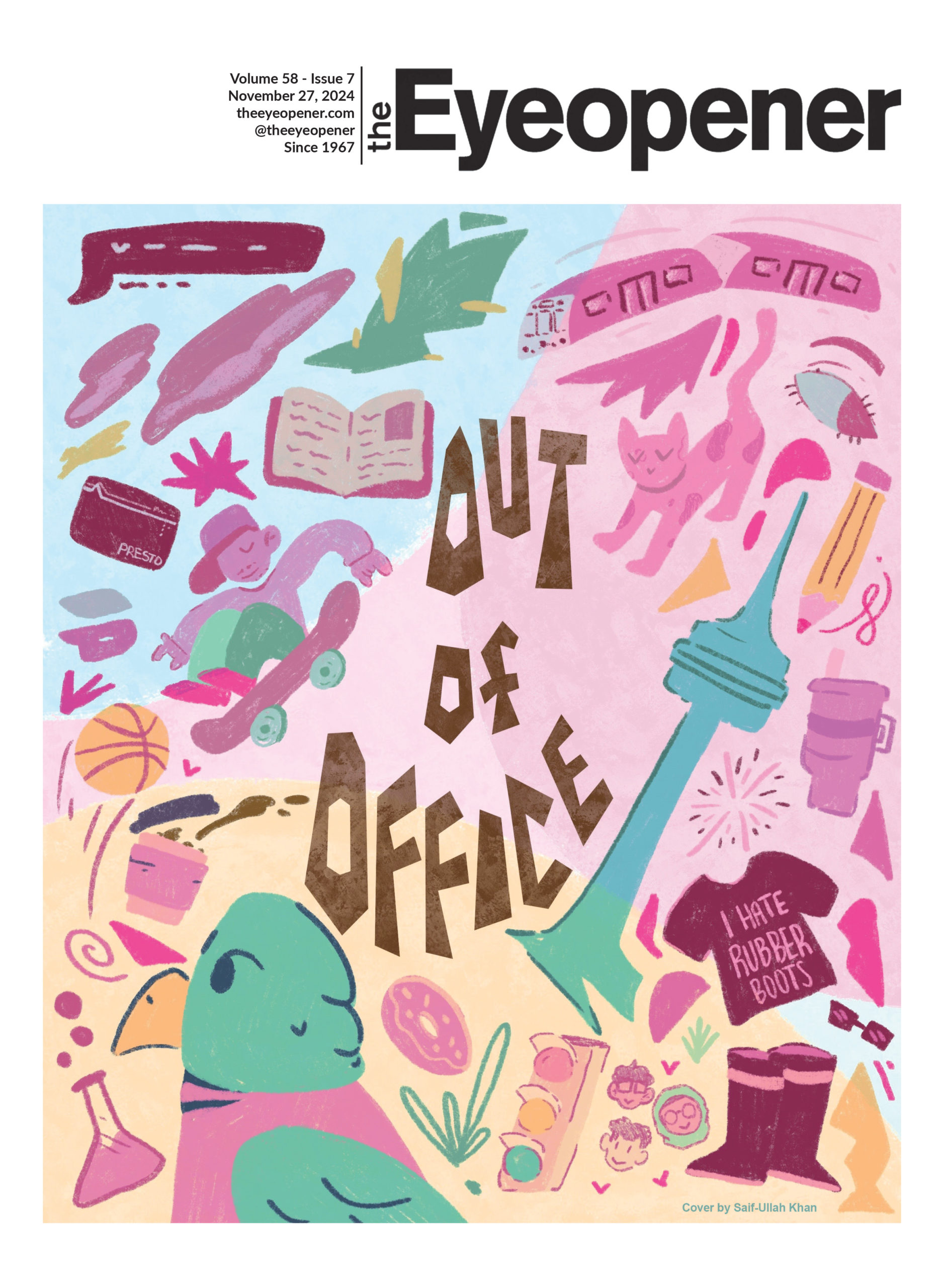By Stacey Nguyen
A Ryerson dean was named as a recipient of the 2021 Top 25 Women of Influence award.
Donna Young, founding dean of Ryerson’s faculty of law, was recognized for “reimagining legal education.” The award is presented by Women of Influence to recognize the exceptional accomplishments of self-identified Canadian women and gender-diverse role models.
Young, who is the former President William McKinley Distinguished Professor of Law and Public Policy at Albany Law School, described law as her calling. However, she said she didn’t initially realize the impact she could have when she first started law school.
“I didn’t really know what it would entail, but once I entered law school, I realized the law had a lot of importance in people’s lives and that I wanted to explore ways of making the law more accessible and more relevant to more people,” she said.
For Young, making the legal system more accessible means determining ways to make it less expensive as well as diversifying the legal community’s faculty and student population.
“It becomes a matter of getting rid of the exclusionary barriers that have prevented racialized people from entering the legal practice of law,” said Young. “Those barriers are both individual and purposeful, but they’re also systemic.”
These barriers were clear to Young during her time at Osgoode Hall Law School at York University in the early 1990s, where she was among very few Black colleagues in school and the legal profession.
“It’s amazing that we are making these gains, but that has been a long time coming”
According to the Law Society of Ontario, racialized people made up only about 9.2 per cent of all lawyers in Ontario from 1986 to 1996, while Indigenous peoples made up 1.2 per cent.
In 2018, racialized people accounted for 39.7 per cent of Ontario lawyers, with Indigenous peoples making up 1.7 per cent.
“Almost 30 years later, we’re still seeing people of colour being the first in their particular position—the first Black woman to do this, the first Black woman to serve in this organization, the first South Asian person to be this,” said Young. “It’s amazing that we are making these gains, but that has been a long time coming.”
After completing law school, Young worked at a law firm representing labour unions, where most of her work focused on pay equity and employment discrimination cases.
Young said she was encouraged by Derrick Bell, the first tenured Black professor at Harvard Law School and “the father of race theory,” which is the idea the legal system is inherently biased towards racialized people pursuing an academic position.
Bell, who contributed to the development of critical race theory, explored “how racism is embedded in laws and legal institutions,” according to an article from Harvard Law Today.
“He encouraged me after hearing I was one of very, very, very few Black law students in Canada at the time and that there were only two Black law professors in Canada at the time,” Young said. “He encouraged me to think about entering the legal academy to diversify it.”
Reimagining legal education
Celebrating its first semester this fall, Young said Ryerson’s law school challenges the industry by focusing on building an equitable legal field and system for racialized people.
While Young said she is honoured to be recognized as one of the 25 Women of Influence, she attributes the work that has been done at Ryerson’s law school to her students, faculty and administration.
“I am not going to take the credit for reimagining the way law schools can run,” said Young, adding the vision is what attracts her to the job.
As the founding dean of the faculty of law, Young applied her goal of breaking down barriers in the legal system by including diversity, inclusion and access to justice as part of the school’s pillars. This includes creating a racially diverse administration and a student body made up of about 50 per cent racialized students.
Young said it’s the school’s responsibility to the public, not just to law students or the legal profession, to improve accessibility in the legal system.
“Students are heroes, they have been working extraordinary hard and I think that is what gives me inspiration every single day”
Ryerson’s law school uses a holistic approach when evaluating applicants’ GPAs by looking at their two best academic years, rather than all four years. This accounts for problems students may have faced, such as financial difficulties or personal issues that impacted their learning during their undergraduate years.
“We absolutely know that those kinds of struggles make people extraordinarily resilient and creative, and that should not be a barrier for pursuing a legal career,” said Young.
In addition, the school offers lower tuition amounts compared to other Toronto law schools to provide greater access to low-income students.
As it operated mainly online since its opening, Young said the law school “has succeeded against all odds this year.”
“At the end of the semester, we would have operated for one full academic year,” she said. “Our inaugural students would not only have survived the first years of law school, but also the first year of a brand new law school, a law school in a pandemic.”
“They are heroes, they have been working extraordinary hard and I think that is what gives me inspiration every single day,” she said.
With files from Heidi Lee











Leave a Reply